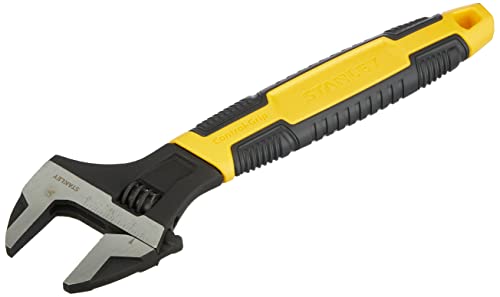Adjustable wrenches are essential tools in any mechanic’s toolbox. They are commonly used to tighten and loosen bolts and nuts of different sizes. Understanding the material that adjustable wrenches are made of is fundamental in determining their quality and durability.
Chrome Vanadium Steel
The most common material used to make adjustable wrenches is chrome vanadium steel. This is a high-quality steel alloy that is durable and resilient. Chrome vanadium steel is preferred for its hard-wearing strength and ability to withstand extreme heat, pressure, and wear and tear.
Carbon steel
Carbon steel is also a popular option for making adjustable wrenches. This is because it is easy to mold and shape, making it ideal for creating different types of wrenches. Unfortunately, carbon steel is not as durable as chrome vanadium steel, it is more susceptible to rusting and corrosion, and it is not as heat resistant. Carbon steel wrenches also tend to be more affordable than their chrome vanadium counterparts.
Titanium
Titanium is a strong and durable metal that is also lightweight. Despite being more expensive than other materials, titanium is preferred in some applications due to its unique qualities. Titanium wrenches are best suited for applications that require a high resistance to corrosion or when a lightweight, yet strong wrench is needed.
Aluminum
Aluminum adjustable wrenches are not common but are available on the market. These wrenches are lightweight, rust-resistant, and have a high resistance to corrosion. Aluminum wrenches are generally not as strong as steel or titanium wrenches, but they can be an excellent option for specialized applications where weight is a top concern.
Nylon
Another material used in making adjustable wrenches is nylon. Nylon wrenches are not commonly used as they are not as durable as other materials. However, they are ideal for applications where a non-conducting and non-marring tool is needed. Examples include plumbing and electrical applications.






